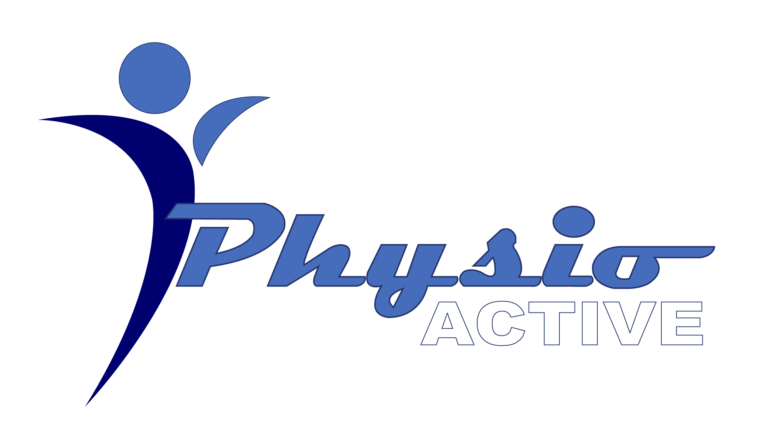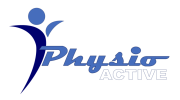Neurological Physiotherapy
Neurological physiotherapy, also known as neurophysiotherapy, is a specialized branch of physiotherapy that focuses on the assessment, treatment, and rehabilitation of individuals with neurological conditions or injuries affecting the nervous system. This field of physiotherapy aims to improve movement, function, and quality of life for individuals with conditions such as stroke, spinal cord injury, traumatic brain injury, multiple sclerosis, Parkinson’s disease, and other neurological disorders.
Here are some key aspects of neurological physiotherapy:
Assessment: A neurological physiotherapist will conduct a thorough assessment to evaluate the specific impairments, limitations, and functional goals of the individual. This assessment may include assessing muscle tone, balance, coordination, sensation, strength, mobility, and functional abilities. The physiotherapist will identify the areas that need improvement and design a tailored treatment plan.
Gait and mobility training: One of the primary focuses of neurological physiotherapy is to improve gait (walking) and mobility. Physiotherapists employ various techniques, such as balance training, strengthening exercises, gait re-education, and use of assistive devices like walkers or canes, to help individuals regain their ability to walk and move independently.
Range of motion and muscle strengthening: Neurological conditions can lead to muscle weakness, tightness, and reduced range of motion. Neurological physiotherapists use exercises and techniques to improve muscle strength, increase joint flexibility, and enhance overall movement capabilities. These exercises may include stretching, resistance training, and functional movements.
Balance and coordination training: Many neurological conditions affect balance and coordination, making individuals more prone to falls and difficulties with everyday tasks. Neurological physiotherapists work on exercises and activities that target improving balance, coordination, and postural control. These exercises may include balance exercises, proprioceptive training, and activities to enhance coordination and motor planning.
Functional training: Neurological physiotherapy emphasizes the restoration of functional abilities required for daily activities. Physiotherapists focus on improving skills related to self-care, mobility, transfers, and other functional tasks specific to the individual’s goals and needs. They may use task-specific training, adaptive equipment, and environmental modifications to promote independence and enhance functional performance.
Neuroplasticity and motor relearning: Neurological physiotherapy takes advantage of the brain’s neuroplasticity, its ability to reorganize and form new connections, to facilitate motor relearning. Physiotherapists employ specific techniques and exercises aimed at rewiring neural pathways, promoting motor recovery, and optimizing functional outcomes.
Assistive devices and adaptive equipment: Neurological physiotherapists may assess the need for assistive devices or adaptive equipment to improve mobility and independence. They can guide individuals on the appropriate use of walking aids, orthotics, wheelchairs, or other assistive devices to facilitate mobility and optimize function.
Education and self-management: Neurological physiotherapists provide education on the condition, its management, and strategies for self-care. They may teach individuals and their caregivers exercises to perform at home, techniques for managing symptoms, and strategies for preventing complications. Education also includes guidance on energy conservation, pacing, and strategies for optimizing daily activities.





